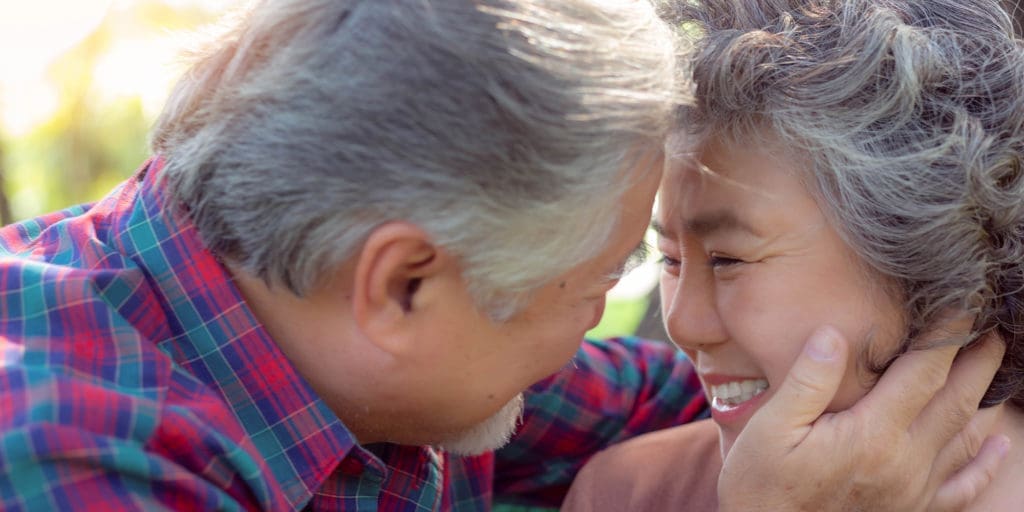Do you ever find yourself wondering “How long will I live?”. There is a new study conducted by scientists working with the Singapore-based biotech company Gero, in collaboration with the Roswell Park Comprehensive Cancer Center in Buffalo, New York. The group recently examined how the body recovers from diseases, accidents, ailments, and other life events that put large amounts of stress on the body.
It has been well documented that the body begins to lose its natural resilience with age. Someone who is 80 years of age will, on average, need about three times the amount of time to recover from a stressful life event such as an accident resulting in injury than someone who is 40 years old.
“As we age, more and more time is required to recover after a perturbation, and on average we spend less and less time close to the optimal physiological state,” one of the study’s lead authors, Timothy V. Pyrkov said in a press release.
This decline in resilience is what ultimately leads to the end of our lives. This is exactly what scientists at both Gero and Roswell Park set out to understand. In their study, published in the peer-reviewed journal Nature Communications, they found that there was a “critical point of age” which was determined to be between 120-150 years of age, where the body would reach a point in which this resilience would stop altogether.
“Aging in humans exhibits universal features common to complex systems operating on the brink of disintegration,”
“Aging in humans exhibits universal features common to complex systems operating on the brink of disintegration,” Peter Fedichev, co-founder and CEO of Gero, said in a statement in regards to the study.
 The study hinges on the idea that our bodies start losing their resilience, or in other words start dying, from the moment we are born, but that this process begins to speed up as we age. Similar studies, most notably one conducted by scientists at the Cold Spring Harbor Laboratory in 2019, found the maximum age of a human to be 138 years of age.
The study hinges on the idea that our bodies start losing their resilience, or in other words start dying, from the moment we are born, but that this process begins to speed up as we age. Similar studies, most notably one conducted by scientists at the Cold Spring Harbor Laboratory in 2019, found the maximum age of a human to be 138 years of age.
Scientists with Gero also developed an iPhone app that can accurately predict a person’s biological aging. The results of the experiment were the result of hundreds of thousands of blood samples (CBC) collected from people in both the United States and the United Kingdom, as well as physical data such as daily step counts from nearly 4,500 people in the United States.
The device, known as DOSI (dynamic organism state indicator), examines a person’s age, lifestyle, and previous illnesses, to accurately estimate their body’s resilience.
“Calculation of resilience based on physical activity data streams has been implemented in GeroSense iPhone app,” said Pyrkov, “It shows a complete loss of human body resilience, that is the ability to recover, at some age around 120 to 150 years old.”
The data from this study explains why even the most effective prevention and treatments of age-related diseases could only improve the average, not the maximum, human lifespan. To truly stretch out human life expectancy, more anti-aging therapies need to be studied and developed.
The hope is that studies like this will help pave the way for learning how to maximize our time on Earth, as well as improving the quality of that time.
Dr. David Sinclair, a Harvard Medical School professor of genetics, who was not involved with the study, commented on the study, saying “The investigation shows that recovery rate is an important signature of aging that can guide the development of drugs to slow the process and extend healthspan.”
Do You Want to Live to be 100 or Older?
Tell us in the comments below.
What Topics Related to Aging Would you Like to See Us Explore?
Email us at info@painresource.com with your ideas.
Are you on Facebook?

